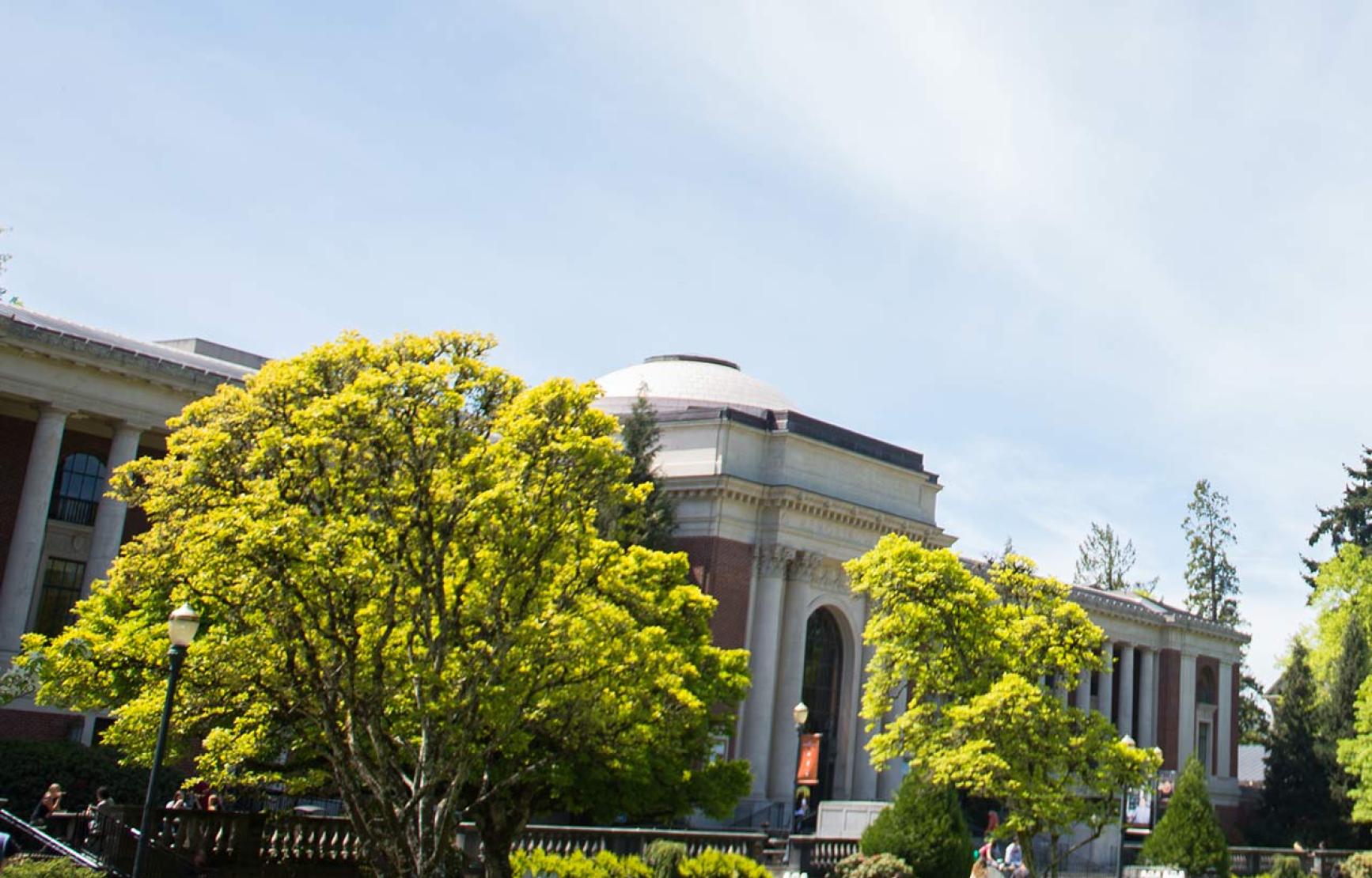Finite element methods for the Landau-de Gennes minimization problem of nematic liquid crystals
Speaker: Ruma Maity
Nematic liquid crystals represent a transitional state of matter between liquid and crystalline phases that combine the fluidity of liquids with the ordered structure of crystalline solids. These materials are widely utilized in various practical applications, such as display devices, sensors, thermometers, nanoparticle organizations, proteins, and cell membranes. In this talk, we discuss finite element approximation of the nonlinear elliptic partial differential equations associated with the Landau-de Gennes model for nematic liquid crystals. We establish the existence and local uniqueness of the discrete solutions, a priori error estimates, and a posteriori error estimates that steer the adaptive refinement process. Additionally, we explore Ball and Majumdar's modifications of the Landau-de Gennes Q- tensor model that enforces the physically realistic values of the Q tensor eigenvalues. We discuss some numerical experiments that corroborate the theoretical estimates, and adaptive… Read more.
